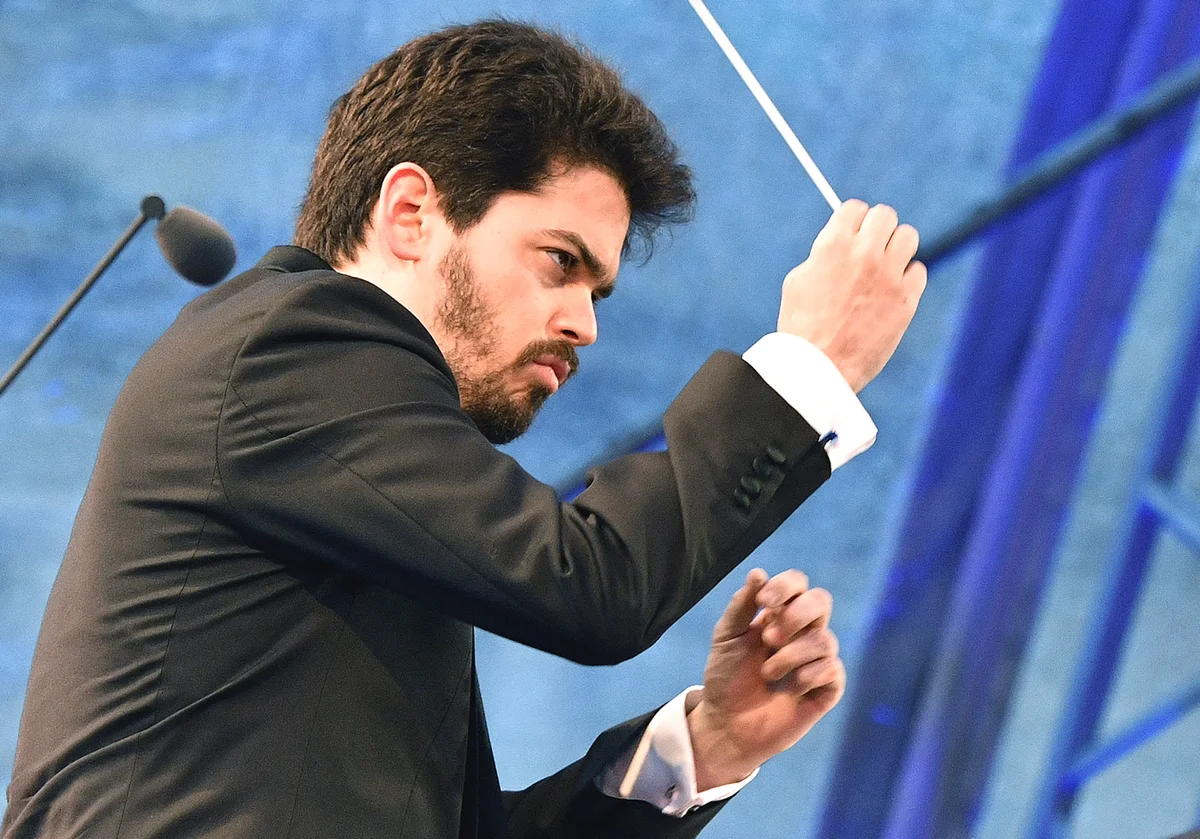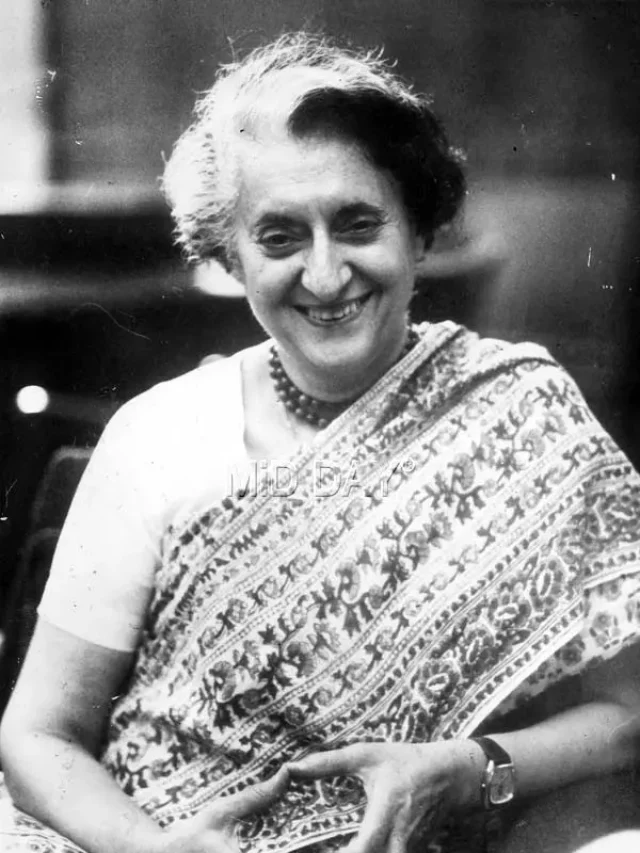By Harry Cockburn
Copyright independent

A Belgian music festival has cancelled a performance by the Munich Philharmonic Orchestra over a perceived lack of “clarity” on its Israeli conductor’s views on the Middle East conflict, sparking accusations of antisemitism from the German government.
Flanders Festival Ghent, which attracts up to 50,000 people a year, said it had made the decision to cancel the concert, to be performed with the orchestra’s future chief conductor, Lahav Shani, because the event “aspires to be a place where artists, audiences and staff can experience music in a context of respect and safety”.
In a statement, the festival organisers said: “Lahav Shani has spoken out in favour of peace and reconciliation several times in the past, but in the light of his role as the chief conductor of the Israel Philharmonic Orchestra, we are unable to provide sufficient clarity about his attitude to the genocidal regime [in Israel].
“In line with the call from the minister of culture, the city council of Ghent and the cultural sector in Ghent, we have chosen to refrain from collaboration with partners who have not distanced themselves unequivocally from that regime.”
However, Belgium’s foreign minister Maxime Prévot described the cancellation as “excessive”. In an interview with Belgian broadcaster RTBF he warned against conflating Israeli and Jewish identity with actions taken by Israeli Prime Minister Benjamin Netanyahu’s government.
Germany’s culture and media commissioner, Wolfram Weimer, blasted the cancellation of the concert – set to be one of the festival’s highlights – as “a disgrace for Europe”.
“This is blatant antisemitism,” he wrote on X.
Mr Shani, who at 36 is set to become the Munich Philharmonic’s youngest ever director, has not commented on the cancellation of the performance, however the orchestra is standing firmly behind him.
The Munich Philharmonic Orchestra said it was “appalled” at the decision.
“In all his work as a musician and human being, Lahav Shani advocates for understanding, humanism, and dialogue. We firmly reject the general suspicion and collective punishment of Israeli artists,” the orchestra said in a statement.
“Banning people from the stage, concert hall, or other public spaces based on their origins or religious affiliation is an attack on essential European and democratic values.”
The artistic director of the Munich Philharmonic, Florian Wiegand, added: “We, the Munich Philharmonic and I, are stunned that a festival in Belgium, in the heart of Europe, the country where the European Union is headquartered, would make such an unimaginable decision.”
In recent months several concerts have been cancelled or interrupted amid heightened sensitivity and scrutiny of artists’ views on the conflict in the Middle East.
A performance by R&B singer Kehlani at Cornell University was cancelled last year over comments made by the singer that the school’s president said were “antisemitic” and “anti-Israel.”
Radiohead’s Jonny Greenwood was forced to cancel UK shows this year with Israeli-born rock musician Dudu Tassa due to “credible threats”.
In June, punk group Bob Vylan sparked controversy as they led Glastonbury crowds in chants of “death, death to the IDF [Israel Defense Forces]”, in a performance broadcast live by the BBC.
And in July, singer-songwriter Regina Spektor’s concert in Portland, Oregon, was interrupted by pro-Palestine protesters at the weekend, prompting her to tell them they were “just yelling at a Jew”.



